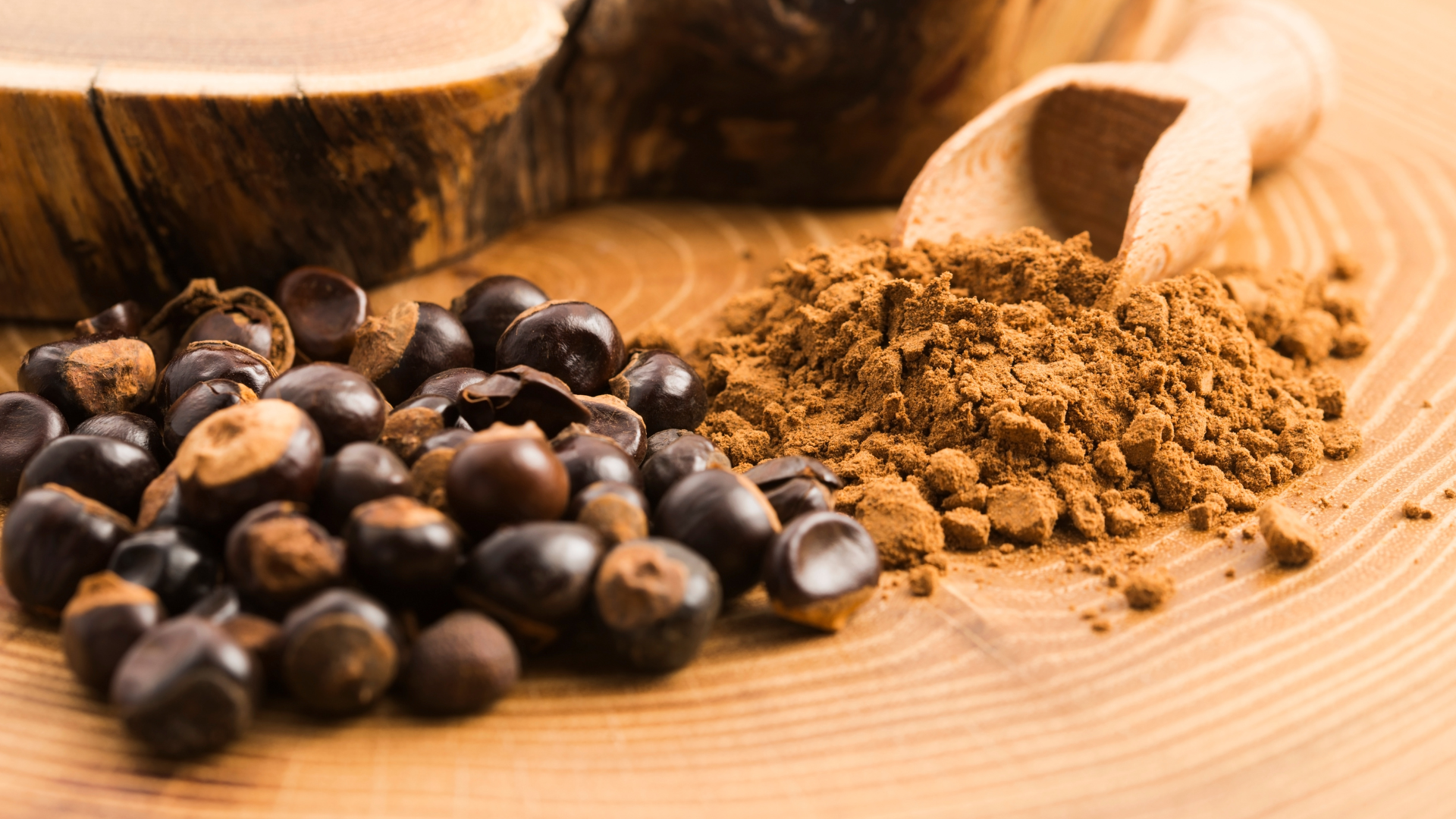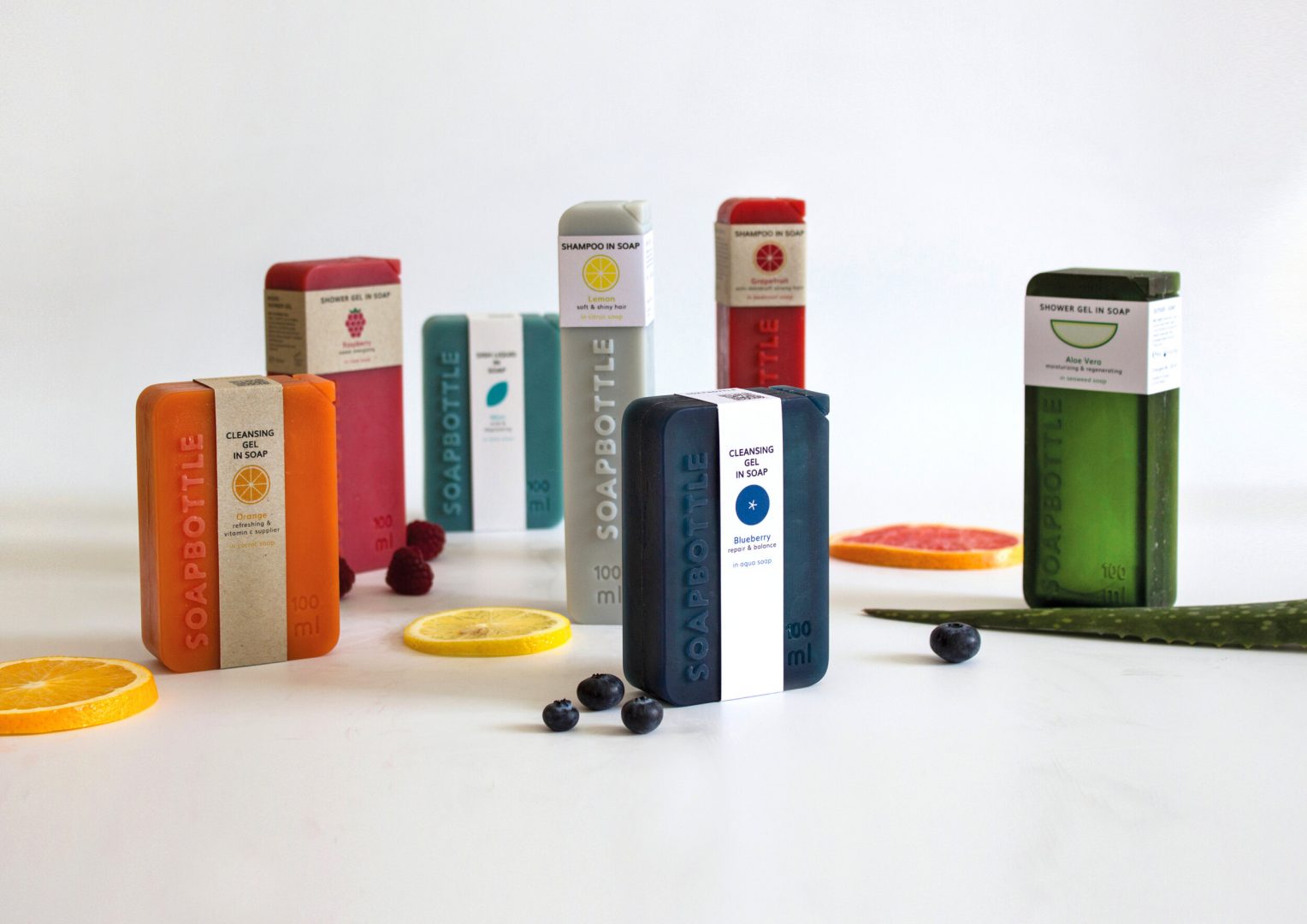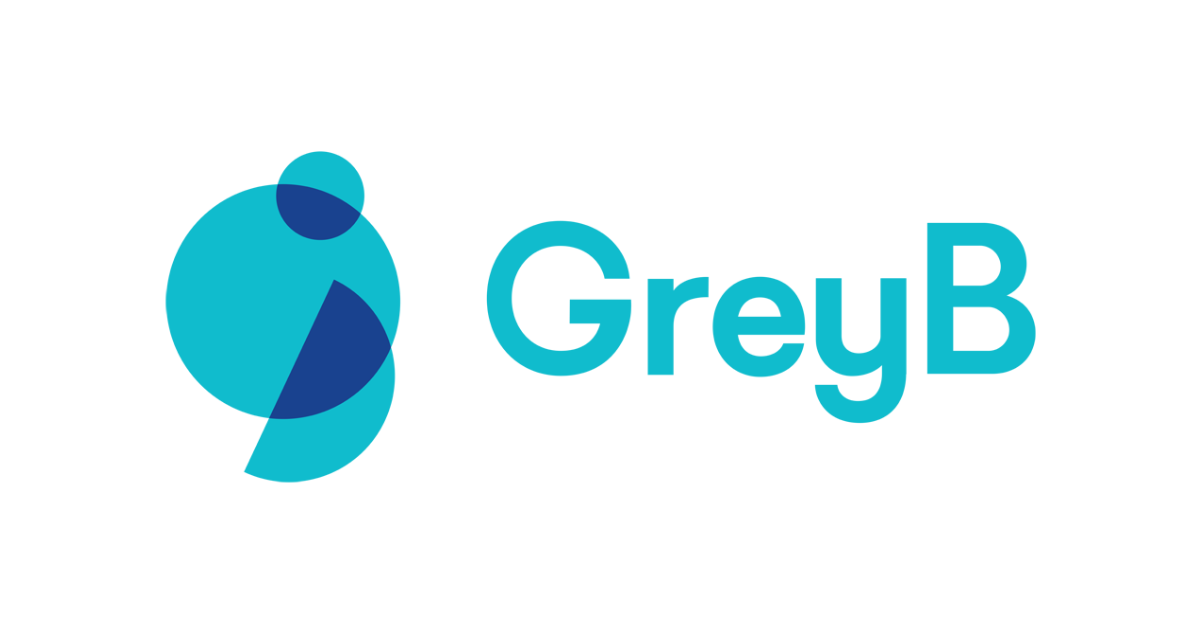3 Cosmetic Trends Propelling Industry Innovation in 2024
The cosmetic industry has experienced significant growth in recent years, with projections estimating it to reach nearly $129 billion USD by 2028. This growth is fueled by various factors, including increasing global disposable incomes, a growing digital-savvy consumer base, and the ongoing diversification of product offerings to meet specific market demands.
However, challenges like formulation stability, environmental impact, and regulatory compliance require the adoption of emerging technologies.
This report provides an overview of the trends expected to bring such innovations in the cosmetic industry in the coming years.
Want to get an in-depth analysis of cosmetic industry trends that will transform the industry in 2024? Fill out the form below to get offline access to our exhaustive cosmetic trend report, delivered directly to your inbox.
Trend 1: Replacing Cosmetic Ingredients with Food by-products
The industry is witnessing a rise in the utilization of food ingredients due to their safety and positive effects on skin health and the environment.
This “food revolution” is gaining momentum as consumers increasingly seek non-toxic, chemical-free, and biodegradable cosmetic products across skincare, body care, and hair care categories. Manufacturers are keen to introduce novel ingredients like plant extracts, fruit enzymes, probiotics, adaptogens, and superfoods to maintain a competitive edge, further pushing the adoption of food-based ingredients in cosmetics.
Some of the standout food materials that may emerge as key players in the future of cosmetic innovation are-
Mushroom extract

The cosmetic industry is exploring mushrooms in response to consumer demand for natural and sustainable products. These fungi are valued for unique bioactive compounds like polysaccharides, polyphenols, and vitamins.
Ongoing research suggests a wide range of mushroom extracts is being thoroughly investigated for cosmetic applications.
In January 2023, the Korean brand Charmzone was granted a patent for its skincare formulation, incorporating shiitake and matsutake mushrooms as active ingredients, renowned for enhancing skin elasticity, reducing wrinkles, providing antioxidant benefits, and moisturizing the skin.
Upcycled ingredients
Upcycled cosmetics are a novel trend featuring cosmetic components derived from plant-based waste deemed too valuable to discard. While food ingredients have long been part of skincare and hair care formulations, using food waste like coffee grounds, fruit peels, vegetable scraps, and seed oils in cosmetics is a newer, eco-friendly development.
Givaudan, a prominent global player in fragrances and beauty, has solidified its role in the upcycled cosmetic ingredients arena. In September 2022, the company filed a patent for a sun protection composition featuring coffee bean extract extracted from recycled coffee grounds.
Guarana extract

Guarana berries, renowned in nutrition supplements, are now making waves in the cosmetic market. The climbing plant Paullinia cupana, native to the Amazon, yields guarana, valued for its antioxidant-rich and highly caffeinated properties.
With the highest natural dose of caffeine globally (2%-8%), guarana is a genuine alternative to coffee, especially in the cosmetic industry.
In March 2023, Givaudan introduced a patent showcasing Guarana extract as a novel whitening ingredient in skincare, aiding in dry dandruff removal from the scalp.
Additionally, in February 2021, Givaudan launched a collection featuring six natural and traceable extracts, prominently featuring the versatile Guarana.
Author’s note: Read more about sustainable and innovative cosmetic ingredients here.
Trend 2: Eco-friendly Product Packaging
According to a recent study by Acala, over 70% of consumers purchase more zero-waste or plastic-free personal care products since 2021. As a result, companies are integrating eco-friendly packaging solutions into their products.
Here are the emerging sub-trends in the ongoing evolution of sustainable cosmetic packaging:
Post-Consumer Recycled (PCR) Packaging
PCR, or Post-Consumer Recycled Packaging, utilizes materials from previously used products to create new packaging, reducing waste and carbon footprint in the industry. Market trends show a growing adoption of PCR packaging, especially in beauty. L’Oreal aims for 50% PCR plastic usage by 2025, and Estee Lauder targets 25% or more.
Albea Services is innovating in this space, recently patenting a multi-layer tube container with a PCR resin layer, catering specifically to the cosmetic industry. Their range includes various eco-friendly packaging solutions for makeup, personal care, and skincare products.
Upcycled Packaging
Recycled and upcycled materials are increasingly incorporated into cosmetic packaging, rejuvenating waste and reducing reliance on new resources.
In January 2023, Japanese cosmetic company Fancl Corporation partnered with the Japanese beer and beverage holding company Kirin Group to develop cosmetics packaging made from the by-product of beer production. Traditional PET material was replaced with hemicellulose, derived from beer lees, a by-product of Kirin’s Ichiban Shibori Draft beer production process.
This collaboration marks the first instance of utilizing beer by-products to create plastic packaging, with both companies applying for patents to protect their innovation.
Refillable Packaging
The beauty industry is experiencing a notable increase in the adoption of refillable packaging, with brands such as Sugar Cosmetics, Wow Skin Science, Kiehl’s, and Bare Necessities actively incorporating them into their product lines.
In September 2021, the French-based perfumes and toiletries startup Innovescence filed a patent application for a refillable packaging device designed for cosmetic compositions.
In April 2023, Ralph Lauren Fragrances, a L’Oréal Group’s Luxury division segment, launched three new fragrances in refillable bottles. These bottles are made from 20% post-consumer recycled glass and are 30% lighter than Ralph Lauren’s standard. They are both recyclable and engineered for refilling, featuring an auto-stop, anti-spill system to prevent fragrance wastage by halting the refilling process when the bottle reaches capacity.
Dissolvable & Naked Packaging

Minimizing packaging is a key strategy in promoting sustainability within the cosmetics industry.
An innovative Dutch startup, SOAPBOTTLE, is developing packaging composed entirely of soap. Their groundbreaking product is a bottle made from soap intended to contain liquid body care products like shampoo, body wash, or hand soap. Serving as both a container and functional soap, it maximizes product utility. Once the liquid content is used up, the container transitions into regular hand soap, exemplifying a dedication to zero waste. Currently, the product is in the developmental phase.
Carbon-Negative Packaging
Certain beauty brands are surpassing mere sustainability or carbon neutrality goals in the fight against climate change and the urgent need to reduce carbon emissions. They strive for carbon negativity, intensifying efforts to offset emissions beyond net zero.
In July 2022, Revlon partnered with Origin Materials, a prominent global company specializing in carbon-negative materials. This collaboration aims to explore advanced carbon-negative materials for cosmetics packaging. Origin Materials has invested over ten years in developing a platform that converts carbon from abundant, non-food biomass sources like sustainable wood residues into valuable materials while simultaneously capturing carbon in the process.
Trend 3: Hyper-Personalization
Global cosmetic brands like Prose, L’Oreal SkinCeuticals, Optune, etc, have already adopted hyper-personalization in their regimes.
Hyper-personalization can be closely seen as linked to three forefront technologies i.e., Metaverse, Artificial Intelligence (AI), and Augmented Reality (AR). Let’s take a look at them one by one –
Metaverse

As virtual and augmented realities become more immersive and lifelike, the metaverse provides opportunities for cosmetics companies to research, develop, and test new products in virtual environments.
Brands are beginning to establish an early presence, visibility, and reputation in metaverse spaces like gaming worlds and virtual malls.
Recent and notable collaborations in the beauty industry include:
- In June 2022, Nyx, L’Oréal’s cosmetics subsidiary, partnered with the Sandbox metaverse and the startup People of Crypto (POC) to introduce an avatar collection. This collection celebrates diversity with traits like color shades, ethnicities, sexual orientations, gender identifications, and unique makeup looks.
- In February 2023, Shiseido collaborated with Cult, a UK-based Web3 agency, to launch the #AliveWithBeauty campaign. This campaign unveiled a limited edition collection of 150 NFTs (crypto assets). These NFTs were generated using an AI-powered co-creation tool that processed a range of beauty-related terms through a language processing system, resulting in multiple artworks reflecting the provided words.
- Also, in February 2023, the French fashion brand Mugler partnered with digital 3D artist Marc Tudisco to unveil the “We Are All Angel” collection. This collection consists of 300 digital art pieces created to commemorate the 30th anniversary of the brand’s Angel fragrance.
Artificial Intelligence
AI algorithms can analyze vast quantities of past data on ingredients, formulations, and consumer preferences to predict optimal combinations and identify untapped market opportunities with high success potential. By processing cumbersome experimental data faster, AI assists scientists in determining effective formulations quicker.
AI is revolutionizing the beauty industry, offering benefits for both consumers and brands. Leading cosmetic companies like Shiseido, L’Oréal, Beiersdorf, and P&G are actively leveraging AI to create personalized cosmetic products.
Recent and significant collaborations include:
- In March 2022, Ulta Beauty, a prominent beauty retailer in the US, partnered with Haut.AI, a startup specializing in AI-based tools for the beauty industry. Together, they developed a personalized artificial intelligence engine for skin health and beauty. This engine analyzes customer skin needs and provides tailored recommendations based on user preferences.
- In October 2022, beauty brand AmorePacific partnered with AI-based startup Asleep to validate the performance of skincare products designed to improve users’ sleep quality. Asleep utilizes a Wi-Fi-based device to measure respiratory rate and detect movement during sleep. Users can receive results through a smartphone app by placing their device near their bed.
- In January 2023, tech solution provider Perfect Corp collaborated with luxury cosmetics brand Valmont to offer consumers in over 50 countries a “detailed skin analysis and personalized beauty routine in seconds” using an AI tool.
Augmented Reality
Augmented Reality elevates personalization by immersing users in virtual try-ons. AR technology overlays these products onto your digital image, providing a lifelike preview of their real-world appearance. Brands such as Sephora and L’Oréal are capitalizing on AR for virtual makeovers.
Virtual try-ons eliminate guesswork and minimize the risk of purchasing unsuitable products, ultimately enhancing customer satisfaction.
Interest in AR among consumers is steadily increasing, with 66% considering it a crucial feature when making purchasing decisions. Many prefer visualizing how a product integrates into their daily lives before committing to online purchases.
The world’s leading beauty and fashion tech provider, Perfect Corp, has collaborated with many leading beauty and fashion brands and other industry partners to provide AR-based solutions for their customers. Some of their collaborations include-
- In June 2023, Perfect Corp partnered with Parfums Christian Dior, a renowned luxury fragrance brand, for a live online makeup consultation service. This service uses AR technology to provide customers with a virtual preview of products, enabling them to make informed purchase decisions from their homes.
- In October 2023, Perfect Corp collaborated with the world’s largest retailer, Walmart, to launch an innovative virtual makeup try-on experience via the Walmart iOS app. This feature enabled Walmart customers to experiment with various makeup products, including blush, lip color, eye shadow, and bronzer, all within the app, aiding them in discovering their ideal shades.
Future Outlook
These innovations are ready to reshape the cosmetics landscape with individually tailored, environmentally conscious products and purchasing experiences. Recent advancements in digital tools like artificial intelligence and biotechnology will further boost consumer satisfaction and brand loyalty.
Companies can expand by investing strategically in areas that align with anticipated trends or consumer preferences. Such proactive investments will drive the next wave of beauty innovation through the transformative combination of customization and sustainability.
Fill out the form below to access our 2024’s Cosmetics Trend Report and explore these transformative technologies in detail.
Authored By – Hadeeba Jalali, Patent Analytics
Edited By – Ridhima Mahajan, Marketing





Hello Admin,
Keep Sharing informative blogs like this about cosmetics.
Thanks.
Insightful, Good compilation. Happy to com across
Excellent information in cosmetic trends!